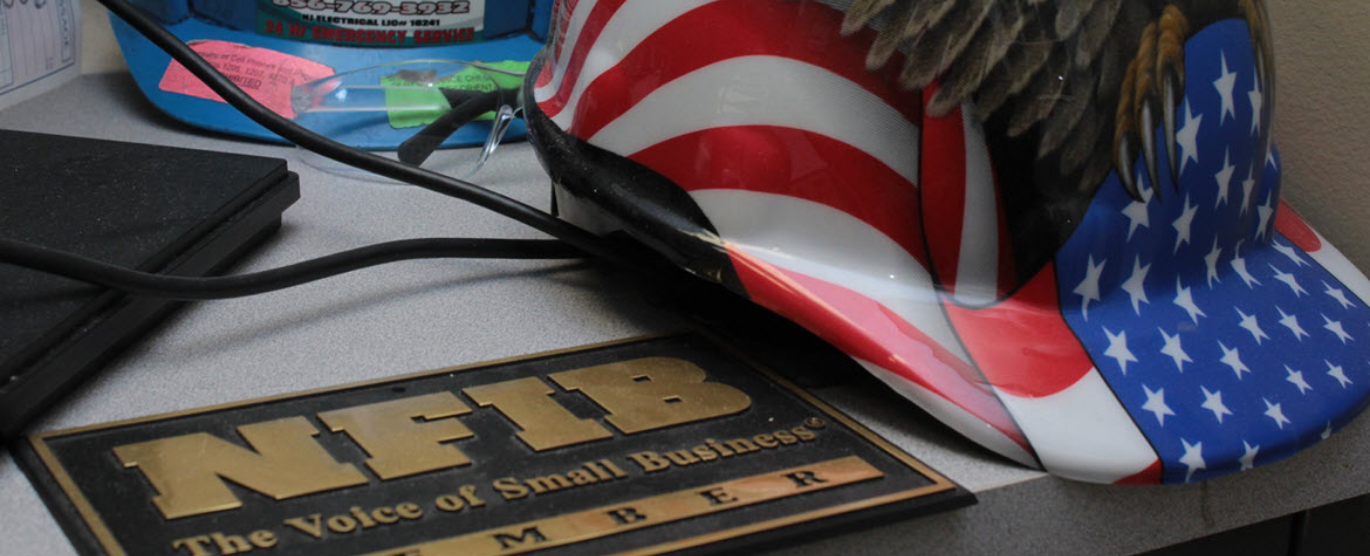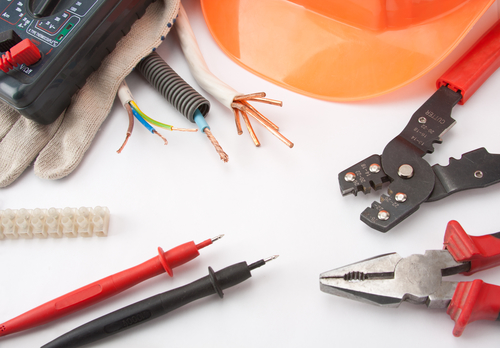We often hear about buildings and residences that are either “up to code” or not “up to code.”
And usually, when a building isn’t “up to code” you can instantly see the nervous sweat on the brows of builders and construction officials start to form. Not being “up to code’ means that the building or residence is at risk.
That is it’s at risk of falling down, catching fire, or of creating conditions that seriously injure someone. And that’s just for starters. Building codes are designed to meet the best current safety practices and quality assurances of current building practices.
And that’s especially true of electrical codes, which have one major motivating factor—preventing electrical fires—but also consider the risk of shock to residents or employees at a business.
In New Jersey, we recognize the National Electrical Code, which is part of the National Fire Codes series published by the National Fire Protection Association (NFPA), a private trade association.
The code is not federal law, but adopted individually by the states. The NEC is developed by NFPA’s Committee on the National Electrical Code, which consists of 19 code-making panels and a technical correlating committee. Work on the NEC is sponsored by the National Fire Protection Association. The NEC is approved as an American national standard by the American National Standards Institute (ANSI). It is formally identified as ANSI/NFPA 70.
The point? This isn’t some fly-by-night code. The amount of work and research that goes into developing electrical codes is impressive. The code was first published in 1897 and is updated every year.
So that’s almost 120 years of wisdom.
Within the code are regulations on a host of electrical regulations involving everything from wiring to electrical outlets.
That code is constantly being revised, such as regulations that now require ground fault circuit interrupter outlets—designed to stop shocks—in areas near water such as sinks and showers.
In commercial settings, wiring must also be protected from damage, so it is more commonly installed inside metal or plastic conduit or ductwork, or passageways cast in concrete.
And that’s just two examples of what’s in the code.
More importantly, the code exists to increase safety. That means anyone in violation of electrical and business codes that led to an unsafe condition can be liable in civil lawsuits for negligently creating a situation that results in loss of life or property.
Negligence can also interfere with fire insurance and other property claims.
If you own an older commercial property—or one improperly built—not only can failing to live up to the code put your employees and yourself at risk, it can expose you to serious liability claims and lawsuits.
Here at Eric M. Krise Electrical Contractors, we’re experts on New Jersey’s electrical codes and can inspect and—if needed—bring you into compliance.
That’s a lot more riding on “being up to code” than you think.
Do you live in Gloucester County and in need of an electrical inspection? Feel free to call us at 856.769.3932.




